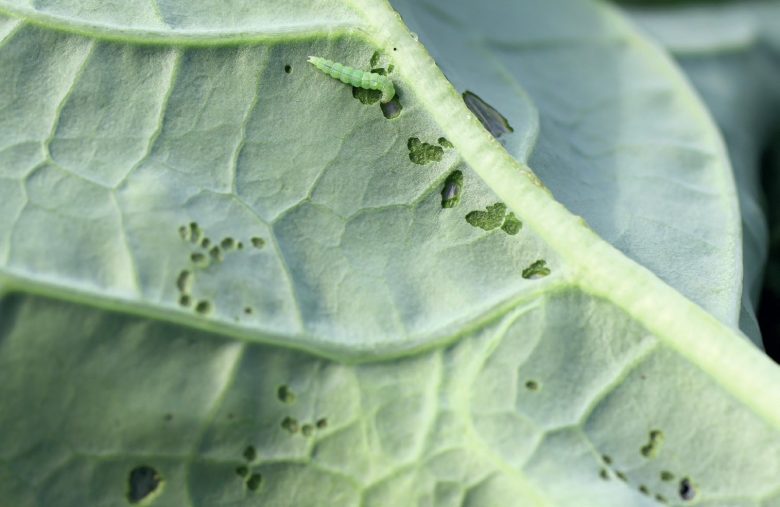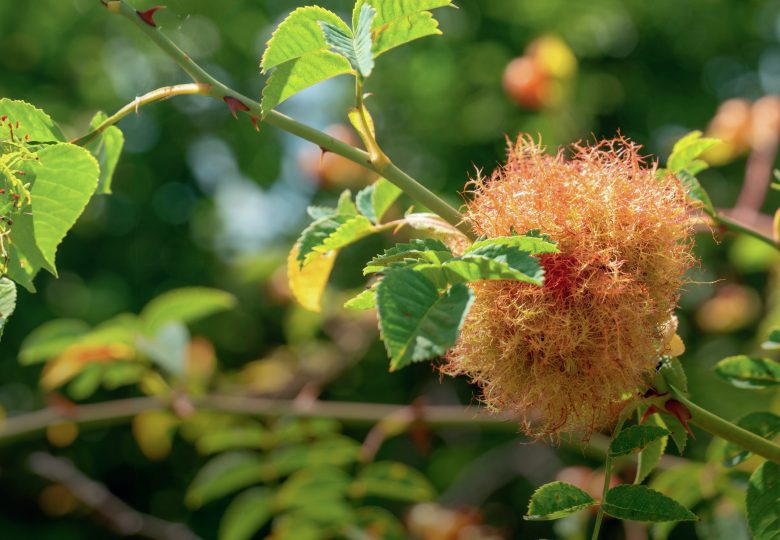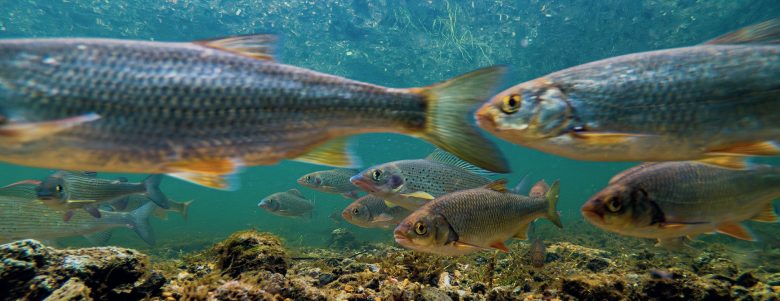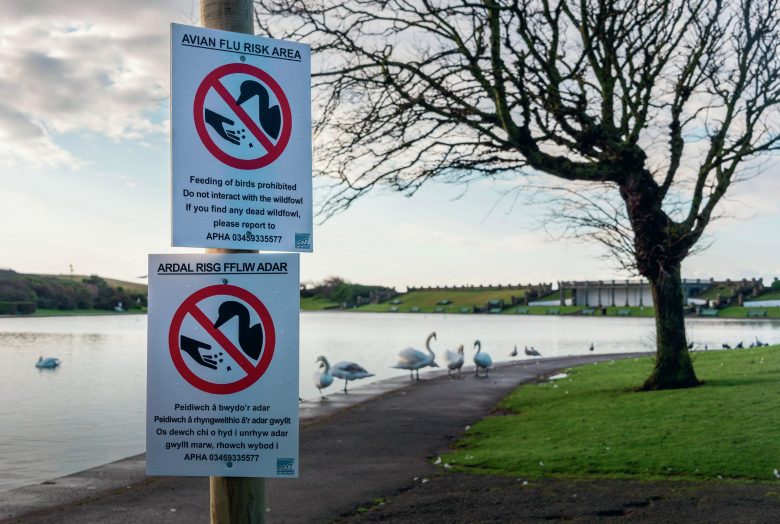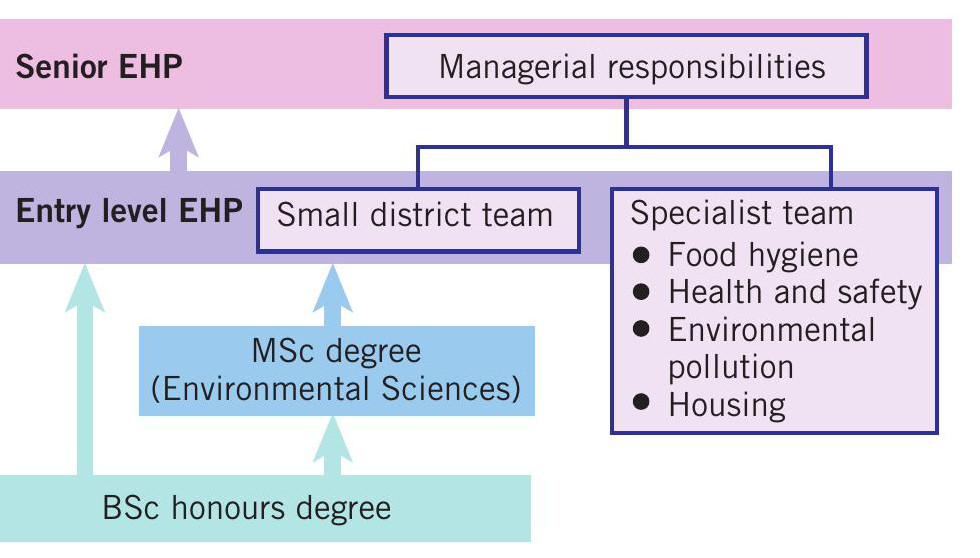
Recent fly-on-the-wall documentaries on television mean that many people have a preconceived idea of what an environmental health practitioner (EHP) does. Such programmes usually focus on the least appealing and emotive aspects of the work of local government environmental health departments. But local government EHPs investigate, facilitate and, where necessary, instigate corrective actions on a wide range of detrimental factors in the environment that affect the health and wellbeing of individuals in the community at large. They also have an important role in promoting healthy lifestyles (see Box 1).
Environmental health practitioners are highly qualified professionals. Their specialist skills and knowledge help safeguard public health and protect the environment. A career in environmental health can be very rewarding. It offers a wide range of job prospects in the public sector (see Figure 1). There are also private sector opportunities in, for example, food retailers, breweries and airlines. Such jobs may involve working abroad. The work of an EHP is diverse and challenging. It requires excellent written and oral communication skills; assertiveness, tact, diplomacy, and a methodical approach to gathering facts and analysing evidence are also important. EHPs must have a good scientific and technical understanding of physics, chemistry, engineering and law, but it is a knowledge of biology that equips them best to understand the nature of a range of issues encountered on a daily basis — for example, food-borne and infectious diseases and their vectors (see case studies 1 and 2).
Your organisation does not have access to this article.
Sign up today to give your students the edge they need to achieve their best grades with subject expertise
Subscribe

